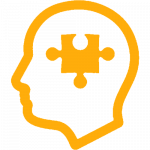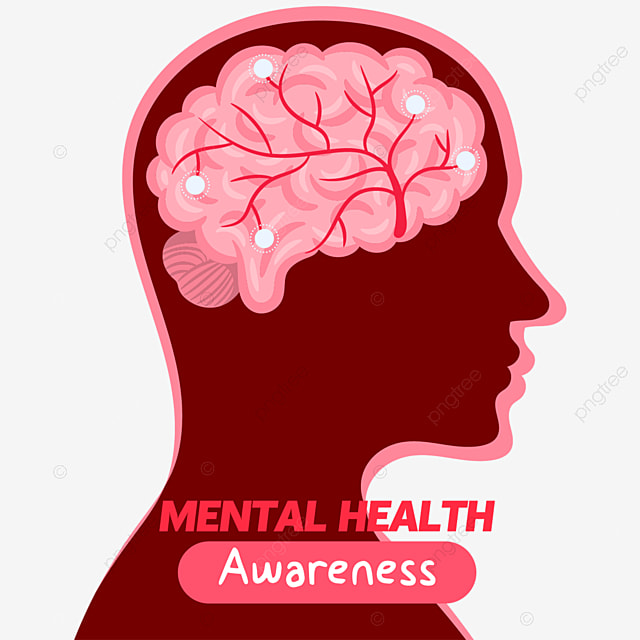Know Psychiatry
Aetiology of mental illness
There is no single cause that can be pointed to a psychiatric disorder. Like hypertension and Diabetes where multiple factors are involved, the aetiology in psychiatric disorders are due to a combination of genetic
Schizophrenia
Schizophrenia is a prolonged and major psychiatric disorder that affects how a person thinks, feels, and behaves and severely impairing the individual’s quality of life and their prospects for employment, marriage and
DEPRESSION
Termed as Major Depressive Disorder, one of the commonest psychiatric disorder. Ranks as 2nd causes of disability worldwide just only to heart disorders. As with other medical disorder, depression carries significant morbidity and
ALCOHOL USE DISORDERS
The word “Alcoholism” should be cautiously used, it refers to damage whether mental, physical or social, resulting from excessive consumption of Alcohol…
Stress Management
Hans Selye, the father of stress theory, defined stress as “the nonspecific response of the body to any demand made upon it.” The “demand” can be a threat, a challenge or any kind of change which requires the body to adapt. The response is automatic and immediate.
CONVERSION DISORDER
Conversion disorder, earlier called Hysteria, involves a pattern in which pseudo-neurological symptoms of some physical malfunction or loss of control appear without any underlying organic pathology…
COGNITIVE DISORDER
The process of obtaining, organizing, and using intellectual knowledge and understanding the connection between cause and effect, between action and its consequences. Delirium, Dementia, and Amnestic disorders are the groups of conditions where
EMERGENCIES IN PSYCHIATRY
Patients under an actively psychotic episode can be aggressive at any time; also, he/she may be a victim of violence as well. A psychotic episode is a state where the patient loses reality yet oriented. They may know whom
BIPOLAR DISORDER
Bipolar disorders are classified under mood disorders. These are episodic illness meaning the person may be excited for some period and depressed later, and in between episodes function well. It is a mood disorder where the person shows an extreme expression
EATING DISORDER
An Indian family may not concern much if their child eats less against the suggested amount. Parents may consider it as usual, or at this adolescent age, children eat less, and it will become normal once they enter adulthood. But it isn’t
SOCIAL MEDIA ADDICTION
The process of obtaining, organizing, and using intellectual knowledge and understanding the connection between cause and effect, between action and its consequences. Delirium, Dementia, and Amnestic disorders are the groups of conditions where
OBSESSIVE COMPULSIVE DISORDER
Obsessive-Compulsive Disorder (OCD) is an anxiety disorder distinguished by uncontrollable, unwanted thoughts and repetitive behaviours associated with the thoughts where one may feel compelled to perform.
ADHD
In India, the prevalence of ADHD among children was 1.7% in children less than 14 years of age. It is important to realize that ADHD persists in 50 to 80% of the affected during adolescent age. It was found to be higher among the males (66.7%)
LEARNING DISORDERS
Learning refers to the highest and most complex cognitive function of the brain, and it should be of no surprise that many children have problems acquiring the basics of reading, writing, and mathematics. LD is seemingly normal in their sensory, motor, or even intellectual
CHILDHOOD ANXIETY
The anxiety is normal for all children to feel sad or anxious from time to time. They may experience anxiety when they are entering schools to a new area or situation. The child starts experiencing a stressful event.
CONDUCT DISORDER
Conduct disorders are characterized by a repetitive and persistent pattern of dissocial, aggressive or defiant conduct. Disorders of conduct may……
AUTISM SPECTRUM DISORDERS
Autism is a lifelong developmental condition characterized by difficulties in social interaction, communication, restricted and repetitive interests and behaviours, and sensory sensitivities.
SOMATOFORM DISORDER
These are a broad group of illnesses that has bodily signs and symptoms as a major component. These disorders are due to a complex interaction of mind and body to produce symptoms similar to medical or neurological illness.
OBESITY & MENTAL ILLNESS
Obesity is excess body fat; fat at undesired parts of the body, disfiguring one and hindering daily life. Overweight is excess body weight than needed for the age and height. Morbid obesity: obesity with comorbid conditions
WOMEN AND MENTAL ILLNESS
There are various issues specifically related to women; the cyclic hormonal changes, pregnancy, labour, lactation, and menopause impact women’s mental health.









































